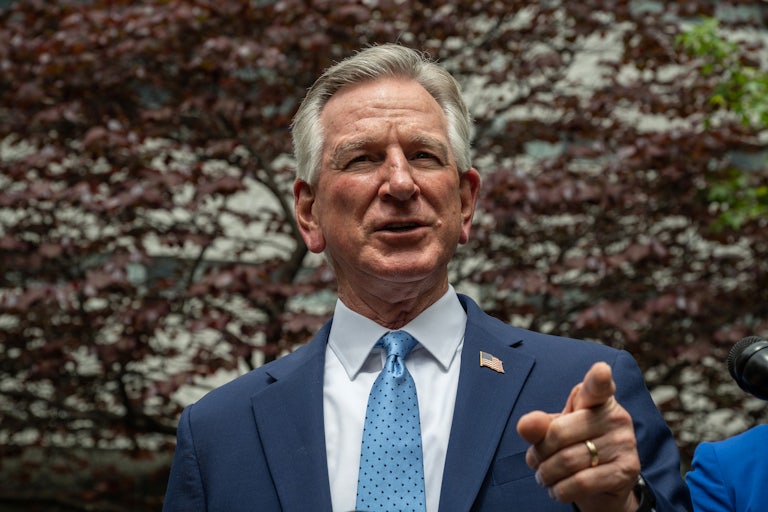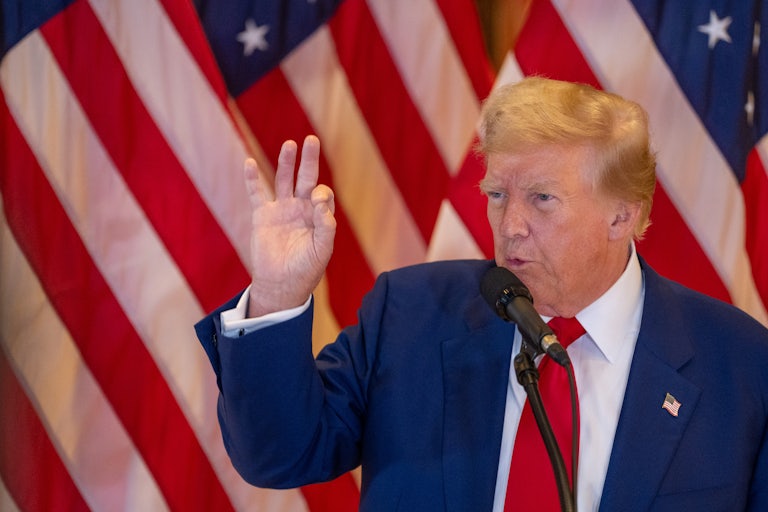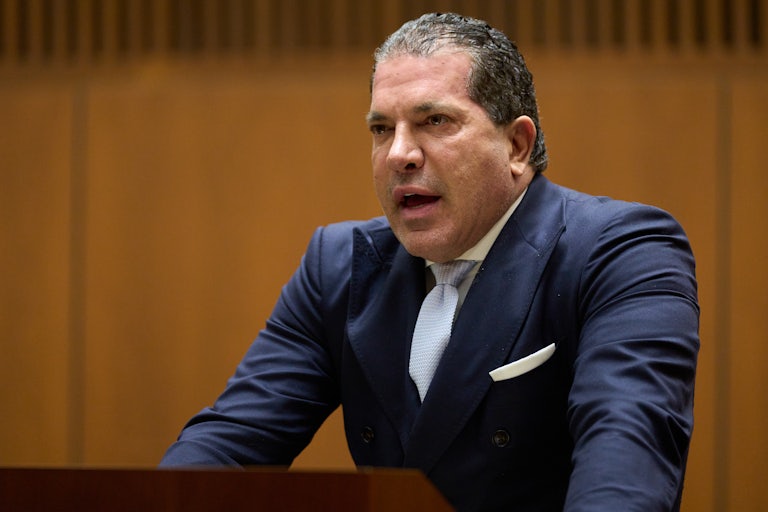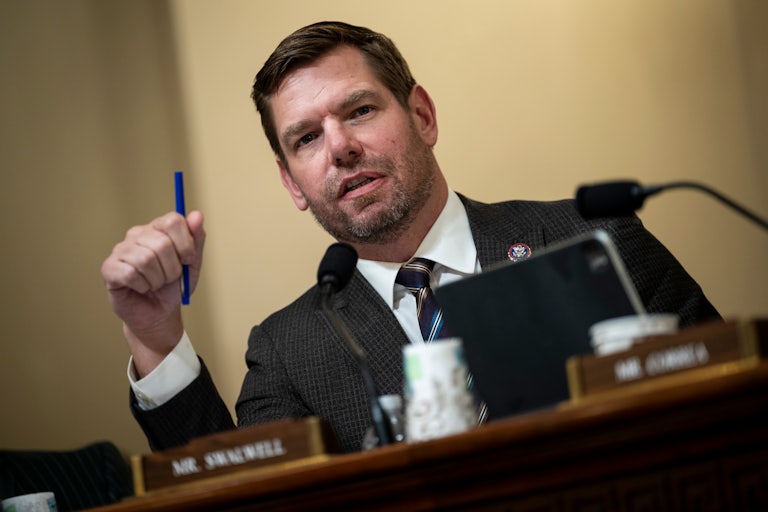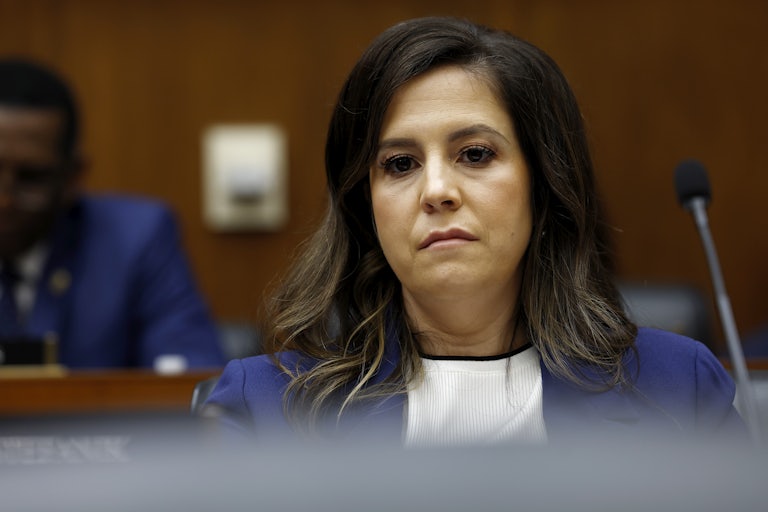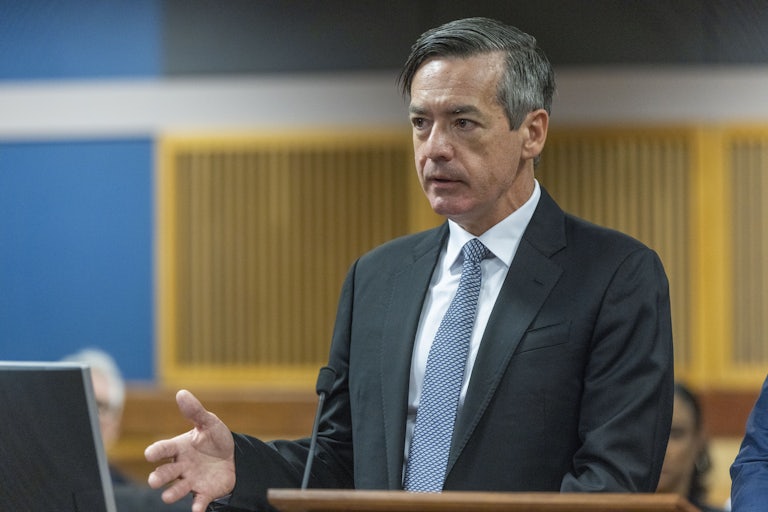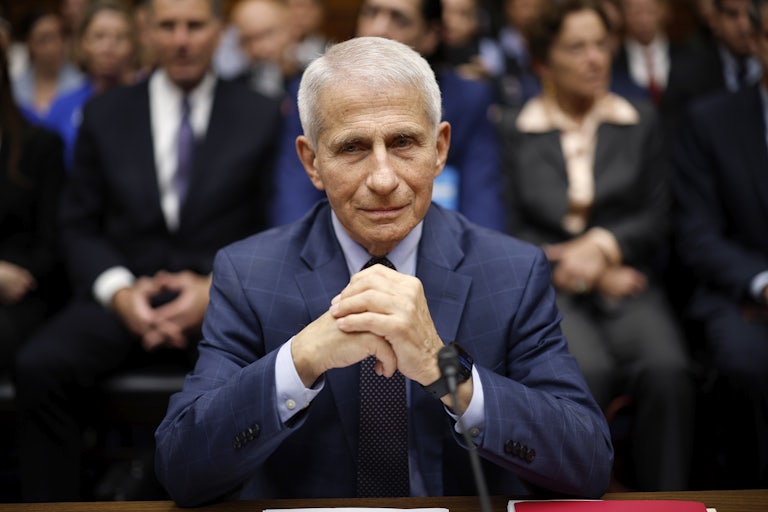Elon Musk Begs Supreme Court to Take Up Trump Twitter Files Fight
The request could affect how evidence is collected in lawsuits.

Elon Musk’s X Corp. has petitioned the U.S. Supreme Court in its ongoing retaliation against special counsel Jack Smith, who was able to take a deep dive into Donald Trump’s social media account without the former president even knowing it was happening.
In a new filing, the company asked the Supreme Court to determine under what circumstances a tech company can be compelled to turn over information on its users, while being prevented from alerting those users that they’re being investigated.
Last year, Smith’s team was able to use a search warrant to obtain private communications from Trump’s X (formerly Twitter) account, including direct messages, location data, and his drafts from the weeks leading up to the January 6 insurrection. Smith was also able to issue a “nondisclosure order,” which prevented the company from notifying Trump.
X initially delayed responding to this request for information, and shortly afterward challenged the order in U.S. District Court, on the grounds that it violated the First Amendment.
Instead of blocking the warrant as the company had hoped, U.S. District Court Judge Beryl Howell found X in contempt, and as a result, the company was hit by hundreds of thousands of dollars in fines.
Prosecutors had presented evidence to Howell demonstrating that alerting Trump to their investigation would likely endanger the evidence and interfere with Smith’s probe.
X tried to appeal Howell’s decision last July, but the D.C. Circuit Court of Appeals upheld the initial ruling. Clearly dissatisfied, the company is taking its troubles to the highest court in the land.
“Dismissing these requests, the courts below diminished the constitutional interests at stake,” the petition said of the decisions of the lower courts. In the filing, X Corp. argued that the information in Trump’s social media account may have been subject to executive privilege. The petition argues that investigatory methods that do not offer the opportunity for a user to assert their privacy privileges may violate other privileged relationships, such as attorney-client, doctor-patient, and journalist-source.
The company is asking the high court to consider whether electronic service providers can be compelled by search warrants before the constitutionality of nondisclosure orders are decided, and whether the First Amendment allows for the “gagging” of such providers “in a highly public investigation” in which the government does not “demonstrate that disclosure would jeopardize the investigation’s integrity” or “disprove the workability of a less-restrictive alternative.”
